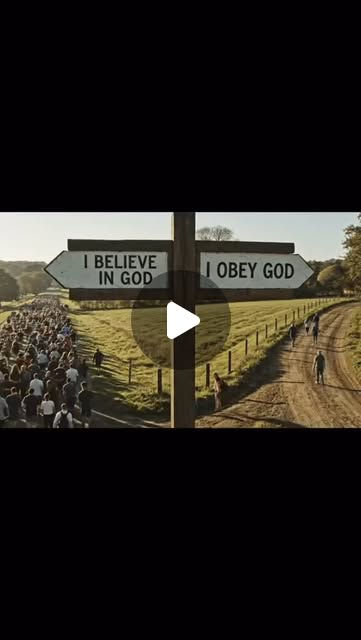For Black People, Roe Is Imperfect. We Still Need the Supreme Court to Protect It
- DJ Melody

- Mar 3, 2020
- 4 min read
This is the most evil and demonic article I've read. No conscience. No guilt. No conviction. Lord help us! DJ Melody

This week, the Supreme Court will hear oral arguments in a crucial case that could decide the future of abortion access in this country. It could pave the way for states to effectively ban abortion without ever overturning Roe v. Wade, the 1973 decision that affirmed safe and legal abortion as a constitutional right. Even worse, it could overturn Roe altogether and in effect ban abortion for over 25 million women of reproductive age—a number that includes 3.5 million black people. As black women who had abortions, we’re terrified that our loved ones won’t have the same access we did.When we don’t tell our stories, it allows others to write the narrative for us—or worse, exclude us entirely from it.For many of us, even with Roe v. Wade, the promise of reproductive freedom has never been truly realized. The racism this country was founded upon has long-limited our access to economic opportunity, as well as our health care and health insurance. It’s also impeded and in some cases stolen our ability to vote for people who would protect our rights. These barriers have conspired to keep us from exercising our most basic human right—the ability to determine our own futures. The unsettling truth is that black women have never had that freedom.
Our history is fraught with reproductive oppression and coercion. Our ancestors’ bodies were used to develop the vaginal speculum and subjected to forced sterilization during medical procedures as a way to limit the black population—a horrific practice that exists today. We know systemic racism persists in our medical industry today through the medical bias that black communities face in attempts to access care. Our pain is taken less seriously, we are routinely misdiagnosed and untreated, and are far more likely to die in childbirth. And for some, this has contributed to a very real mistrust of the healthcare industry. The system is simply rigged against us. But that doesn’t mean we can’t fight to access our rights within a system that is supposed to protect them.
We know this firsthand. Our abortions, while not obtained without obstacles, dramatically changed the courses of our lives for the better. Our abortions allowed us to live out our futures, care for loved ones, and become our ancestors’ wildest dreams. Our stories mirror the stories of so many women of color whose reproductive freedom assured their ability to forge their own path in life, even though access to abortion had historically been out of reach.Everyone loves someone who has had an abortion — it’s time we’re trusted to decide what’s best for ourselves.When we don’t tell our stories, it allows others to write the narrative for us—or worse, exclude us entirely from it.
That’s why we are so committed to telling our truths and why We Testify—an organization dedicated to expanding our understanding of who has abortions and the interlocking barriers so many of us face when we try to access them—was created. It’s also how we met. Abortion brought us together. We’re working to spread love and compassion to others who have abortions and that we see ourselves reflected and respected in the national conversation about abortion. We won’t stop until there are more stories like ours centered in the abortion discussion. That’s why we collaborated with Planned Parenthood on a short film “Ours to Tell,” which spotlights what bodily autonomy means to our futures. Our goal with We Testify and this film is to expand our understanding of who makes the decision to have an abortion. “Ours to Tell” underscores the importance of access—which should never be limited to just a privileged few.
Yet as we face an unprecedented assault against the legal right to access abortion—there have been more than 450 abortion restrictions passed since 2011, and 25 abortion bans passed in 2019 alone—the pool of people who remain able to access abortion throughout pregnancy is becoming frighteningly small, wealthy, cisgender, and white.Contrary to what you might hear, this is not what the majority of Americans want. And it’s not what the majority of black people want. The opposition weaponizes misinformation to purport abortion as black genocide. White supremacist sympathizers peddle inflammatory rhetoric meant to stigmatize and limit our access to reproductive health care. It’s offensive and disgusting. We will not be fooled. Everyone loves someone who has had an abortion—it’s time we’re trusted to decide what’s best for ourselves.
While history has shown just how much we have working against us, it has also illustrated our resilience and leadership. Nowhere is this better demonstrated than in the Reproductive Justice movement, which was founded to center people of color in the fight for reproductive freedom.
As our right to legal abortion is in the hands of a few Supreme Court justices, we will continue to do everything we can to expand access. We’re fighting for millions of people around the country who have much higher hills to climb to attain the same freedom that we already acquired.



Comments